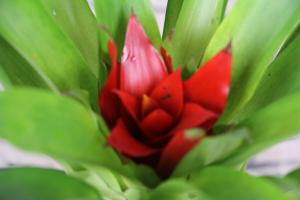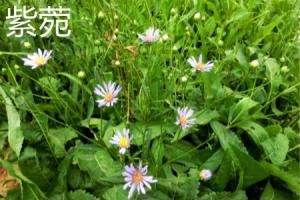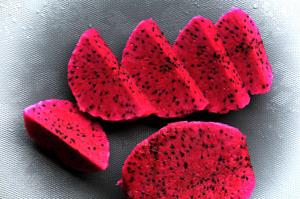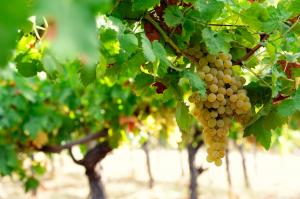What is the Most Planted Tree in Israel?
One might imagine Israel as a barren desert land with little plant life, but that couldn't be farther from the truth. Israel is home to over 2,000 species of plants, many of which are native to the region. However, when it comes to the most planted tree in Israel, there is one species that stands out above the rest.
The Iconic Israeli Tree: The Olive Tree
The most planted tree in Israel is the olive tree. In fact, Israel is home to over 60 million olive trees, covering approximately 250,000 hectares of land. The olive tree is an iconic symbol of Israel, with its roots dating back thousands of years. The ancient city of Jerusalem was nicknamed "City of Olive Trees" due to the abundance of olives in the region.
The olive tree is not only valued for its cultural significance but also for its economic importance. Israel is one of the world's largest producers of olive oil, with over 20,000 tons of olive oil produced each year. Olive oil is not only used in cooking but also in cosmetics and other products.
The Benefits of Olive Trees
The olive tree is a hardy and drought-resistant tree that is well-suited to the arid climate of Israel. It is also a low-maintenance tree that requires minimal pruning and care. Additionally, olive trees are beneficial to the environment in several ways. They play a crucial role in preventing soil erosion on hillsides, and their extensive root systems help retain water in the soil, reducing runoff and promoting groundwater recharge.
Moreover, olive trees are a source of biodiversity, providing habitat for a wide range of animals, including birds, insects, and small mammals. They also serve as a food source for local wildlife, including deer, squirrels, and rabbits.
The Future of Olive Trees in Israel
Despite the many benefits of olive trees, they face several threats in Israel. One of the most significant threats is climate change, which has led to more frequent droughts and increased temperatures that can damage the trees.
Another threat to olive trees is the expansion of settlements in the West Bank, which has resulted in the destruction of thousands of olive trees owned by Palestinian farmers. Olive trees are frequently targeted by settlers who view them as a symbol of the Palestinian connection to the land. The destruction of olive trees has devastating economic and cultural impacts on Palestinian communities, many of whom depend on olive trees for their livelihoods.
Despite these threats, olive trees remain a symbol of hope and resilience in Israel. They have withstood the test of time and continue to play a vital role in the country's culture, economy, and environment.
Conclusion
The olive tree is not only the most planted tree in Israel but also a symbol of the country's rich history and culture. Its economic and environmental benefits cannot be overstated, and it remains a crucial source of livelihood for many of Israel's farmers. While the tree faces numerous challenges, its resilience and importance to the region make it an essential part of Israel's landscape and identity.

 how many times do yo...
how many times do yo... how many planted tre...
how many planted tre... how many pine trees ...
how many pine trees ... how many pecan trees...
how many pecan trees... how many plants comp...
how many plants comp... how many plants can ...
how many plants can ... how many plants and ...
how many plants and ... how many pepper plan...
how many pepper plan...
































